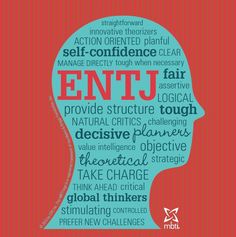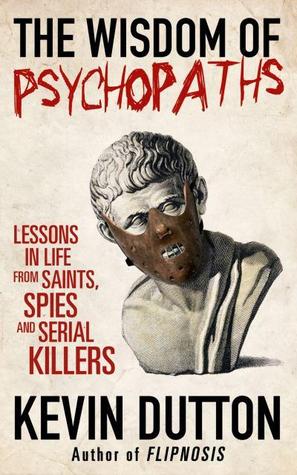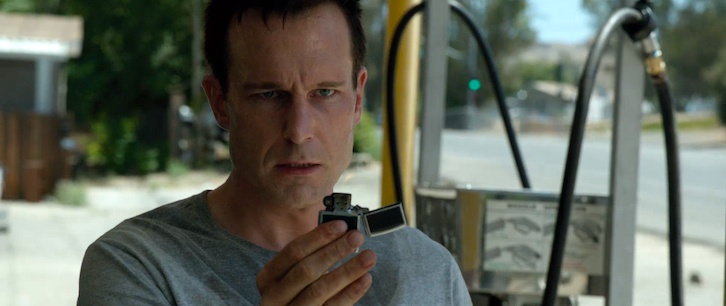You know those personality test things that tell you your personality type after asking you barely 20 questions, that we always seem to fall for on the internet (Why is that? Why are those silly quizzes so irresistable? Why do we care what LoTR character we’d be?)? Well, every time I have ever done one of the Myers-Briggs style personality type tests, come out ENTJ. Every single time. Doesn’t matter if it’s a silly 20 questions on the internet one, or the official sit down and fill out the forms and answer ALL the questions one. There must be something to it. *shrug*
 ENTJs are natural leaders. They live in a world of possibilities where they see all sorts of challenges to be surmounted, and they want to be the ones responsible for surmounting them. They have a drive for leadership, which is well-served by their quickness to grasp complexities, their ability to absorb a large amount of impersonal information, and their quick and decisive judgments. They are “take charge” people.
ENTJs are natural leaders. They live in a world of possibilities where they see all sorts of challenges to be surmounted, and they want to be the ones responsible for surmounting them. They have a drive for leadership, which is well-served by their quickness to grasp complexities, their ability to absorb a large amount of impersonal information, and their quick and decisive judgments. They are “take charge” people.
ENTJs are very career-focused, and fit into the corporate world quite naturally. They are constantly scanning their environment for potential problems which they can turn into solutions. They generally see things from a long-range perspective, and are usually successful at identifying plans to turn problems around – especially problems of a corporate nature. ENTJs are usually successful in the business world, because they are so driven to leadership. They’re tireless in their efforts on the job, and driven to visualize where an organization is headed. For these reasons, they are natural corporate leaders.
There is not much room for error in the world of the ENTJ. They dislike to see mistakes repeated, and have no patience with inefficiency. They may become quite harsh when their patience is tried in these respects, because they are not naturally tuned in to people’s feelings, and more than likely don’t believe that they should tailor their judgments in consideration for people’s feelings. ENTJs, like many types, have difficulty seeing things from outside their own perspective. Unlike other types, ENTJs naturally have little patience with people who do not see things the same way as the ENTJ. The ENTJ needs to consciously work on recognizing the value of other people’s opinions, as well as the value of being sensitive towards people’s feelings. In the absence of this awareness, the ENTJ will be a forceful, intimidating and overbearing individual. This may be a real problem for the ENTJ, who may be deprived of important information and collaboration from others. In their personal world, it can make some ENTJs overbearing as spouses or parents.
The ENTJ has a tremendous amount of personal power and presence which will work for them as a force towards achieving their goals. However, this personal power is also an agent of alienation and self-aggrandizement, which the ENTJ would do well to avoid.
ENTJs are very forceful, decisive individuals. They make decisions quickly, and are quick to verbalize their opinions and decisions to the rest of the world. The ENTJ who has not developed their Intuition will make decisions too hastily, without understanding all of the issues and possible solutions. On the other hand, an ENTJ who has not developed their Thinking side will have difficulty applying logic to their insights, and will often make poor decisions. In that case, they may have brilliant ideas and insight into situations, but they may have little skill at determining how to act upon their understanding, or their actions may be inconsistent. An ENTJ who has developed in a generally less than ideal way may become dictatorial and abrasive – intrusively giving orders and direction without a sound reason for doing so, and without consideration for the people involved.
Although ENTJs are not naturally tuned into other people’s feelings, these individuals frequently have very strong sentimental streaks. Often these sentiments are very powerful to the ENTJ, although they will likely hide it from general knowledge, believing the feelings to be a weakness. Because the world of feelings and values is not where the ENTJ naturally functions, they may sometimes make value judgments and hold onto submerged emotions which are ill-founded and inappropriate, and will cause them problems – sometimes rather serious problems.
ENTJs love to interact with people. As Extroverts, they’re energized and stimulated primarily externally. There’s nothing more enjoyable and satisfying to the ENTJ than having a lively, challenging conversation. They especially respect people who are able to stand up to the ENTJ, and argue persuasively for their point of view. There aren’t too many people who will do so, however, because the ENTJ is a very forceful and dynamic presence who has a tremendous amount of self-confidence and excellent verbal communication skills. Even the most confident individuals may experience moments of self-doubt when debating a point with an ENTJ.
ENTJs want their home to be beautiful, well-furnished, and efficiently run. They’re likely to place much emphasis on their children being well-educated and structured, to desire a congenial and devoted relationship with their spouse. At home, the ENTJ needs to be in charge as much as he or she does in their career. The ENTJ is likely best paired with someone who has a strong self-image, who is also a Thinking type. Because the ENTJ is primarily focused on their careers, some ENTJs have a problem with being constantly absent from home, physically or mentally.
The ENTJ has many gifts which make it possible for them to have a great deal of personal power, if they don’t forget to remain balanced in their lives. They are assertive, innovative, long-range thinkers with an excellent ability to translate theories and possibilities into solid plans of action. They are usually tremendously forceful personalities, and have the tools to accomplish whatever goals they set out for.



